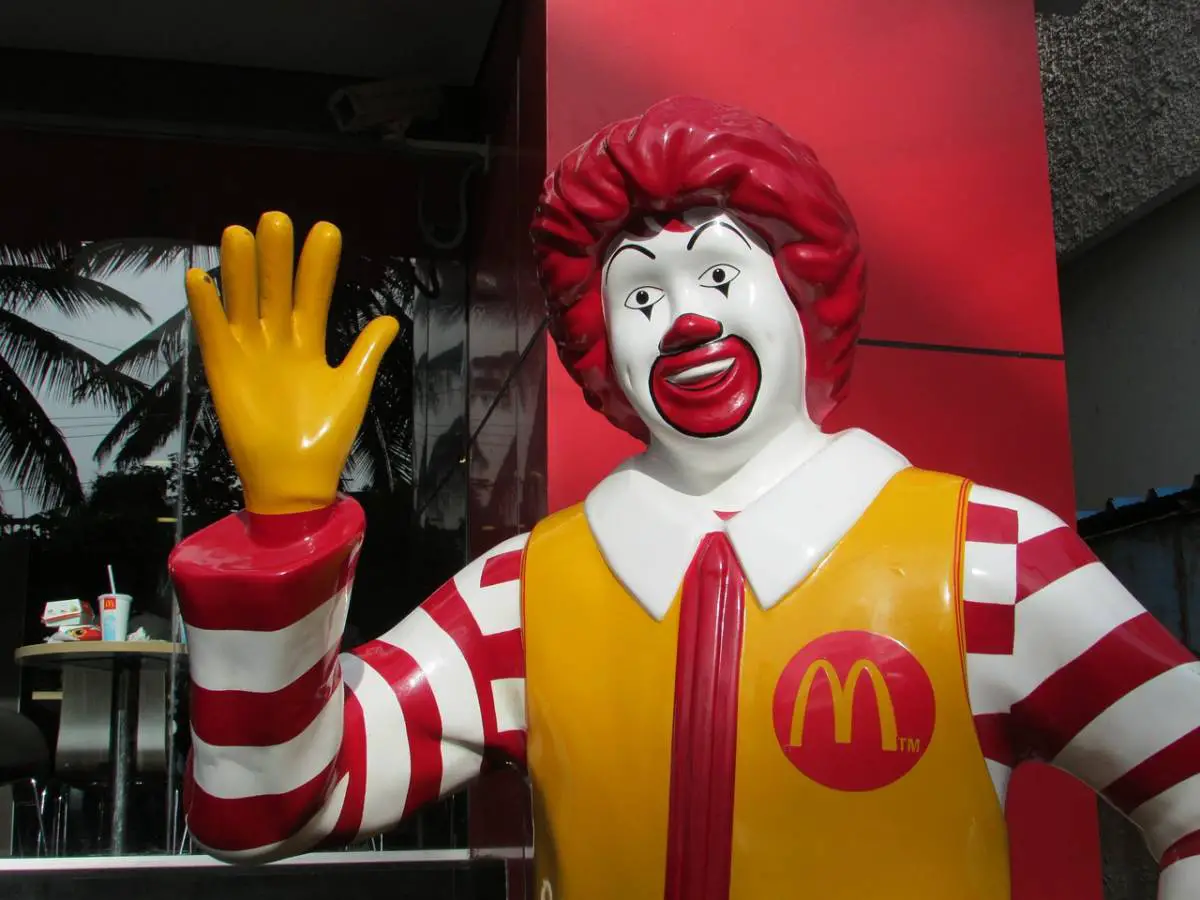The Birth of McCafé
Inception of McCafé
The inception of McCafé marked a significant shift in the operations of McDonald’s. Recognizing the growing popularity of coffee culture, McDonald’s made the strategic decision to enter the coffee market. Early McCafé offerings included a range of basic coffee drinks, aiming to cater to everyday coffee drinkers while also appealing to those seeking affordable alternatives to premium coffee chains.
The decision to launch McCafé was fueled by several factors. First, McDonald’s recognized that coffee was a highly profitable product with strong consumer demand. Second, by offering coffee, McDonald’s could attract customers during non-peak hours, particularly in the morning. Lastly, McCafé allowed McDonald’s to compete more directly with coffee chains like Starbucks and Dunkin’.
Initial Challenges and Reception
Entering the coffee market presented several challenges for McDonald’s. Competing with established coffee chains meant that McDonald’s had to convince consumers that it could offer not just good food, but also high-quality coffee. This required significant investments in training, equipment, and marketing to position McCafé as a legitimate contender in the coffee market.

Consumer response to McDonald’s entry into the coffee scene was mixed. Some consumers were skeptical about the quality of McCafé’s coffee, while others welcomed the lower prices compared to premium coffee chains. Over time, however, McCafé has managed to carve out a niche for itself in the coffee market, attracting customers with its blend of affordability, convenience, and quality.
Evolution of Coffee Culture at McDonald’s
Expanding the McCafé Menu
Since its inception, the McCafé menu has expanded significantly. Beyond basic brews, McDonald’s has introduced a variety of specialty coffee drinks, including lattes, cappuccinos, and mochas. These diversification strategies have helped to attract a broader customer base and compete more effectively with premium coffee chains.
McCafé has also capitalized on the popularity of seasonal offerings and limited editions. From pumpkin spice lattes in the fall to peppermint mochas in the winter, these seasonal drinks have proven to be a hit with customers, driving traffic and boosting sales during specific periods.
McCafé’s Impact on Fast Food
The introduction of McCafé has had a profound impact on the fast-food industry. By successfully integrating coffee into its menu, McDonald’s has shifted consumer perceptions and carved out a new niche in the fast-food landscape. This has not only boosted McDonald’s own performance but has also influenced competitor strategies, with several other fast-food chains introducing their own coffee offerings in response.
Economic Significance
McCafé’s Contribution to McDonald’s Revenue
McCafé has made a significant contribution to McDonald’s revenue. Coffee is a high-margin product, meaning that it can generate substantial profits despite its relatively low price. Furthermore, by attracting customers during non-peak hours, McCafé has helped to increase overall store traffic and sales.
McCafé’s success has also had a broader impact on the global coffee market. By offering affordable coffee options, McCafé has made coffee more accessible to a wider audience, which has helped to drive global demand for coffee. At the same time, McCafé’s pricing and positioning strategies have influenced market dynamics, putting pressure on other coffee chains to offer more value-oriented options.
Coffee Quality and Sourcing
Elevating Coffee Standards
From the outset, McDonald’s recognized that success in the coffee market would hinge on the quality of its coffee. To ensure the best possible taste, McDonald’s has focused on sourcing premium coffee beans and implementing strict quality control measures. This commitment to quality has been key to convincing consumers that McCafé is a credible and trustworthy coffee option.

McCafé and Sustainability
Sustainability is a key concern in the coffee industry, and McDonald’s has taken steps to address this through its McCafé operations. This includes implementing ethical sourcing practices, such as buying coffee beans from farmers who use sustainable farming methods. McDonald’s has also launched environmental initiatives, such as reducing waste from coffee cups and promoting recycling.
Consumer Experience
McCafé Ambiance and Design
A key part of the McCafé experience is the ambiance and design of the outlets. McDonald’s has taken pains to create a café atmosphere within its restaurants, separate from the traditional fast-food environment. This includes comfortable seating, free Wi-Fi, and even barista service in some locations.
McCafé also plays an important role in the community. Many McCafé outlets serve as meeting places for local groups, contributing to their local communities and helping to build customer loyalty.
Technological Integration
Technology plays a crucial role in the McCafé experience. From mobile ordering to digital payment options, McDonald’s has integrated technology into every aspect of McCafé. This not only improves efficiency and convenience but also enhances the overall customer experience.
Global Expansion and Localization
McCafé Around the World
Today, McCafé operates in countries around the world, each offering a menu tailored to local tastes. From matcha lattes in Japan to chai in India, McCafé’s global expansion has been characterized by a deep respect for local culture and preferences. This localization strategy has helped McCafé to succeed in diverse markets and establish a truly global presence.
Cultural Impact of McCafé
McCafé has also had a significant cultural impact. By making coffee more accessible and affordable, McCafé has democratized coffee culture, introducing it to new audiences and fostering a broader appreciation for coffee. In many ways, McCafé has not just adapted to local cultures but has also helped to shape them.

Challenges and Adaptations
Navigating Challenges in the Coffee Market
The coffee market is highly competitive and constantly evolving, presenting numerous challenges for McCafé. From shifting consumer preferences to aggressive competitor responses, McCafé has had to be nimble and adaptable to succeed.
In response to these challenges, McDonald’s has adopted various strategies. These include continual menu innovation, investment in marketing and branding, and a relentless focus on quality and customer service.
Future Trends in Coffee Culture
Technology’s Role in Shaping Coffee Experiences
Looking ahead, technology will continue to play a crucial role in shaping coffee experiences. From AI-powered personalization to sustainable practices enabled by technology, the future of coffee culture promises to be exciting and innovative.
In conclusion, the McCafé revolution has been a game-changer for McDonald’s and the broader fast-food industry. Despite initial skepticism, McCafé has successfully carved out a niche in the coffee market and transformed coffee culture in the process. As McCafé continues to evolve and innovate, its impact on the world of coffee is likely to grow even further.






